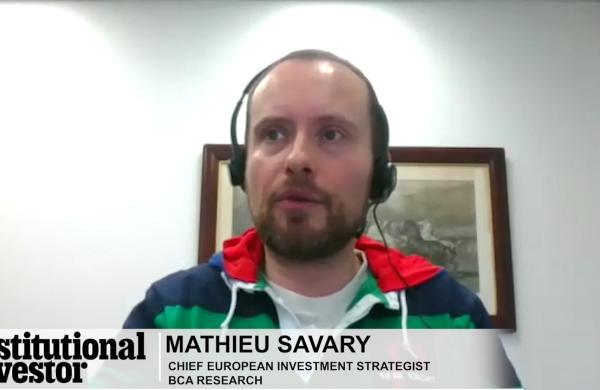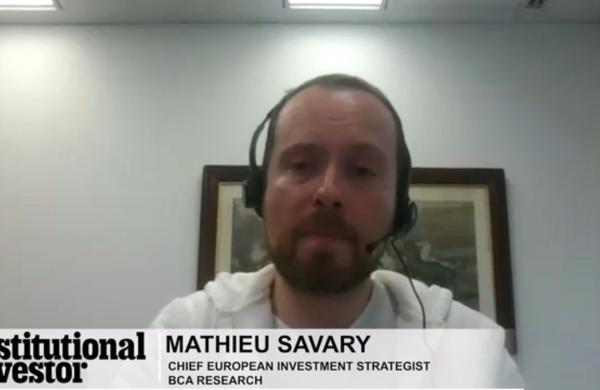Just a few months after the government announced an initiative to encourage foreign direct investment, Congress passed legislation that could make it more difficult for foreigners to put their money to work in the U.S. The Foreign Investment and National Security Act of 2007, which President George W. Bush signed last month, imposes closer scrutiny on acquisitions of U.S. assets by state-controlled companies and directs the Committee on Foreign Investment in the United States (Cfius) to examine deals involving such critical infrastructure as energy plants, ports and roads.
Coming a little more than a year after political opposition forced Dubai Ports World to sell U.S. port operations it had acquired in a takeover, does the new law indicate that the U.S. is closing the door to foreign investors? Certainly not, insists Robert Kimmitt, deputy secretary of the U.S. Treasury. He says the new law is meant to make security reviews more transparent and predictable and notes that foreign direct investment jumped 67 percent last year, to $183.6 billion. Kimmitt spoke with Institutional Investor Contributor Hillary Jackson.
1 Why is legislation to reform Cfius needed now?
Kimmit: The law under which we operate today was written in 1988. This legislation updates that in light of changes in the financial world and also, frankly, the new threat profile we face post-9/11.
We made quite a number of changes to the process because of Dubai Ports World, and to a significant degree this bill institutionalizes that new set of processes. The system has, since Dubai Ports World, seen 150 cases go through without controversy.
2 Is national security threatened by foreign ownership?
We believe that open investment is an essential element to a successful domestic and world economy. This new law sets up a process that allows us, in an exceptionally small number of cases, to identify mergers and acquisitions that may raise security concerns and then work with the parties to ameliorate those concerns.
There were more than 10,000 M&A transactions in the U.S. in 2006; 1,430 were cross-border, and only 113 came before the committee. Of those, none was blocked.
3 Is Treasury concerned about the growing size and influence of sovereign investment funds?
The initial Cfius executive order was back in 1975, as Saudi Arabia and other Gulf Arab states started to amass their first pools of sovereign wealth. So this is something we've been looking at for quite some time.
We operate from the point of view that these sovereign wealth funds are trying to invest in a world economy that will help them produce better returns, and therefore, they will become responsible members of that world economy. Certainly, investments from those funds are welcome in the U.S. My impression, including from recent trips to Russia and China, is that they're looking for ways to produce better returns without any political controversy, and I would certainly encourage them in that direction.
4 Would Cfius block a sovereign investment fund from taking over a major U.S. company?
Under the new law there are special features for state-owned or -controlled investments that do require closer scrutiny, and we would certainly subject such investments to the closer scrutiny required by the law. I would note, however, that first a security concern would have to be raised. I doubt very much that sovereign funds making a property acquisition would come before Cfius.
5 Does the U.S. run the risk of being less attractive to foreign investors?
That is a concern. It is part of our responsibility to make clear that that, in fact, is not -- and will not -- be the case.
One of the messages we're sending is that this new legislation will allow us to focus 95 percent of our time on the 5 percent of the cases that come before Cfius that may raise concerns.





